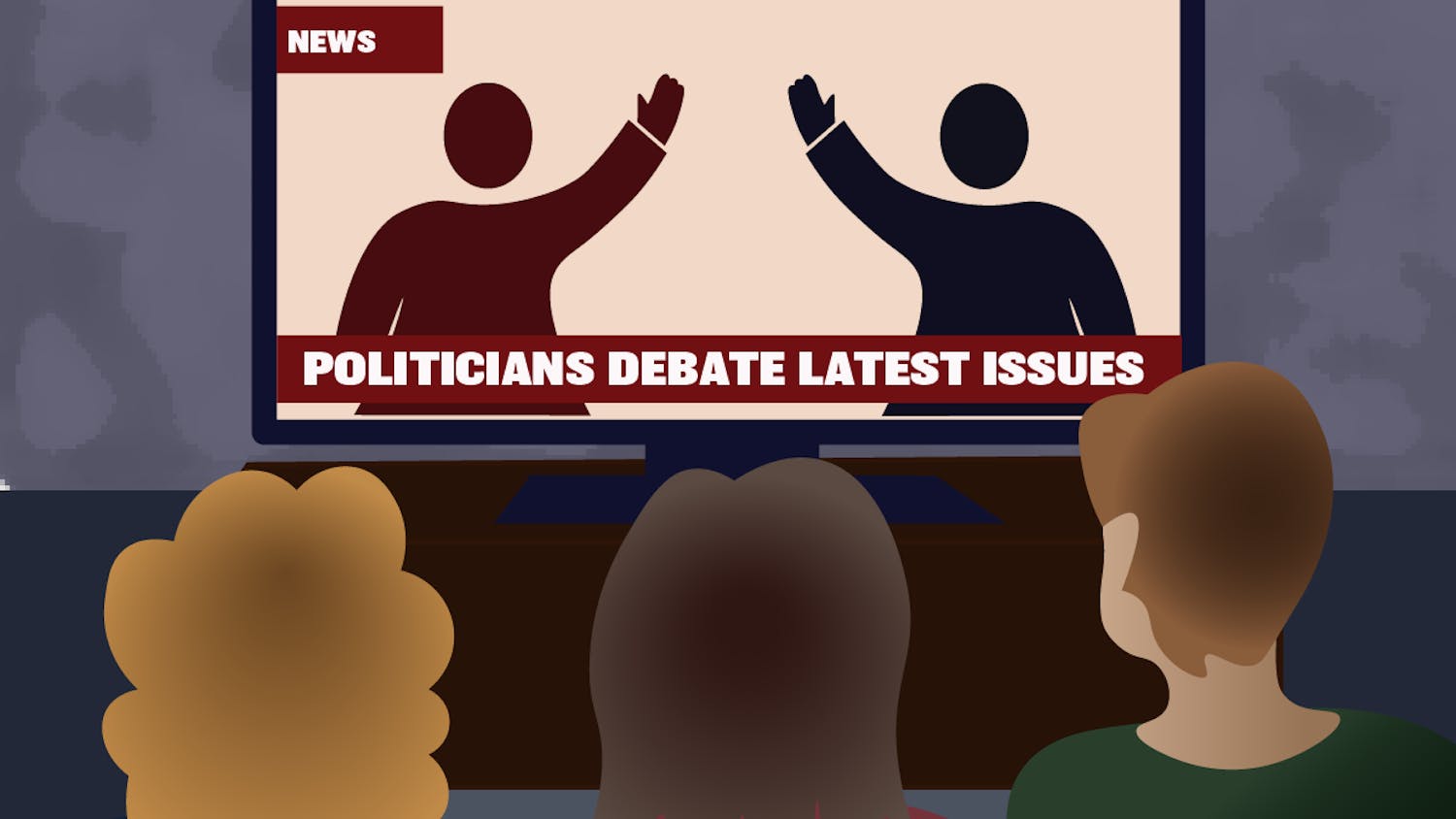Quick, pop quiz!
What do Gandhi, Martin Luther King Jr. and Jesus Christ have in common?
If you said non-violence, you're absolutely right.
For all intents and purposes, it's a fact that if you ever mention these men in an insightful or heated conversation, you are immediately looked upon favorably for the duration of your speech.
Across the spectrum, I've found this to be almost universally true despite varying political or religious opinions. Why is it that everybody seems to idealize these great men of history?
To see if this question has any relevance as it pertains to our personal sense of life, I'd like to take a closer look at the non-aggression principle in a more philosophical light.
It's extremely self-explanatory and easily stated: Aggression is wrong. I would go so far as to bet that out of all the ideas floating around in the cosmos, more people agree on this single principle than any other.
It could be that we take it for granted as so intuitively obvious that we fail to recognize its profound implications. After all, not many people give it a second thought that this principle revolves around one fundamental concept: the use of force.
Force, defined in this context, relates to any physical, fraudulent or any other limitation of freedom.
In the 17th century there was an Enlightenment thinker named John Locke (you might have heard of him) who formulated this idea in his "Second Treatise on Civil Government" from those of self-ownership and original appropriation.
Using it as a requirement for living in a civil society, Locke argued that the use of initiatory force ought to be outlawed entirely. The Founders then took his idea and slapped it in our Constitution, deriving from it all of our beloved rights and liberties.
It's almost unbelievable how one concept can change the direction of history so dramatically. Ironically, in the midst of the American Revolution, the non-aggression principle arguably remained the single most important theme in leading to the foundation of the United States.
Without narrating too much, my hope is that you're beginning to see that there's much more to this principle than originally meets the eye. Up until now, chances are extremely high that you've yet to disagree with anything I've said.
Regardless, with a fuller understanding of this principle, we'll be able to form more integrated and rational opinions to otherwise controversial socioeconomic conflicts. I readily believe that every political issue can now be looked at with fresh eyes after considering the notion of freedom.
If you couldn't tell by now, I have been operating with a hidden agenda. Yep, I'm a Libertarian.
As such, I am urging you to blaze a path to truth in your own life by virtue of your own mind. Now that's not so bad, is it? It's all too appropriate to name this path liberty. This word "liberty," often thrown around so aimlessly, has a distinct meaning involving the non-initiation of force that I'm asking you to recognize. Liberty is freedom from force. Without even consciously realizing it, you most likely already agree with and use freedom as a standard by which you distinguish right from wrong.
We need to recognize and preserve our liberty if we wish to continue living freely; this task starts and ends only with the intellectual mind inside each of us.
David Matsen is a mechanical and aerospace engineering freshman at UF.




